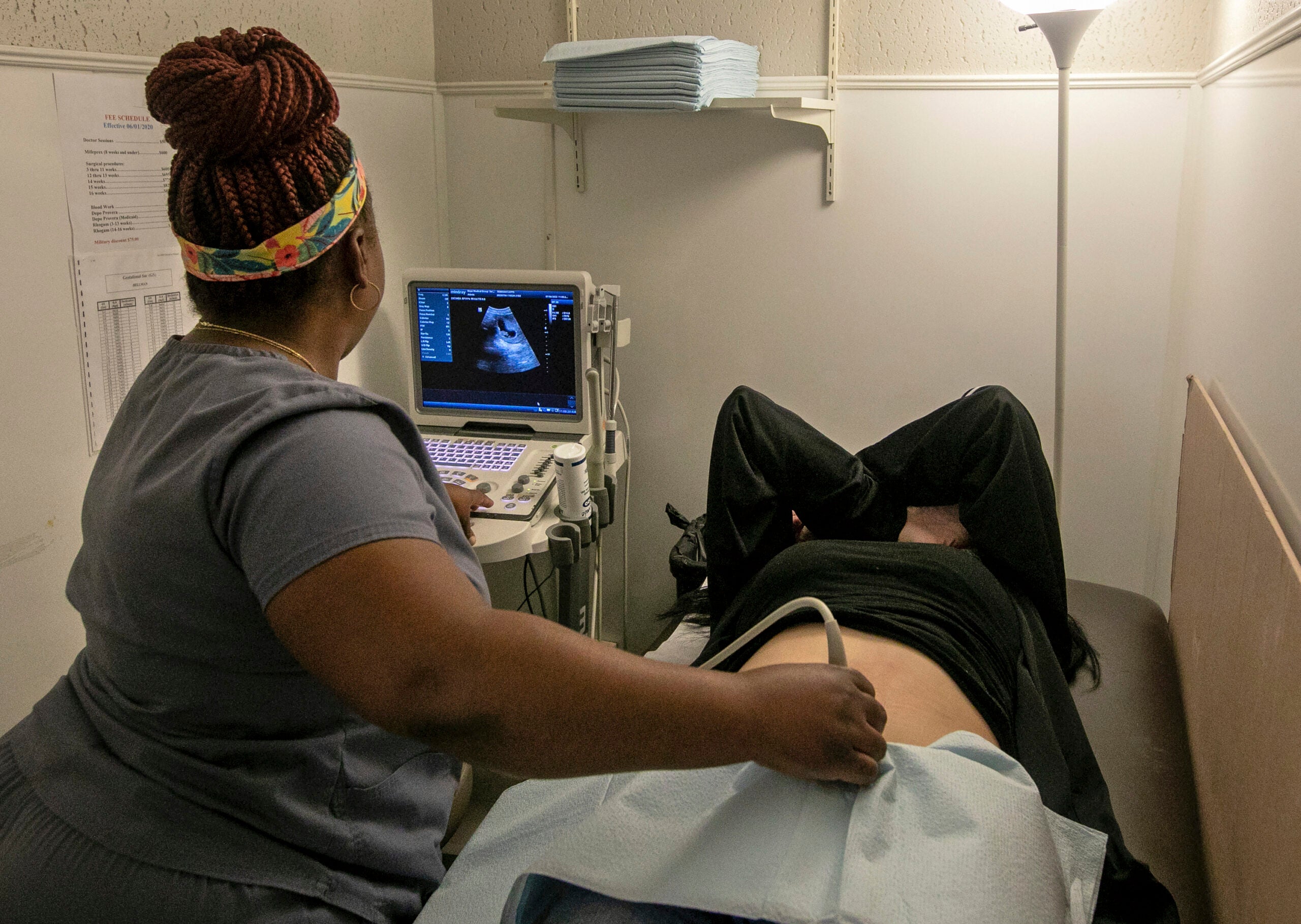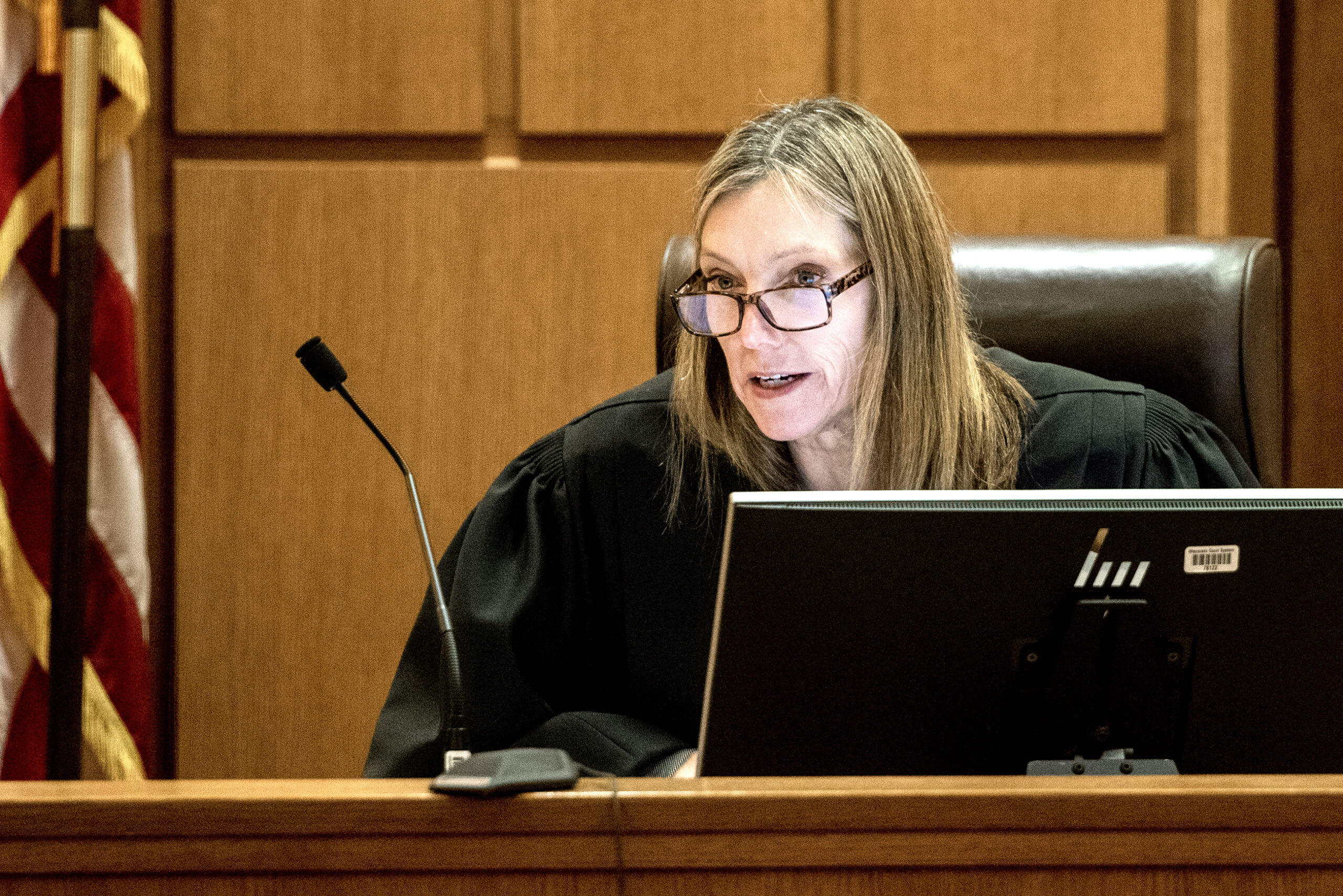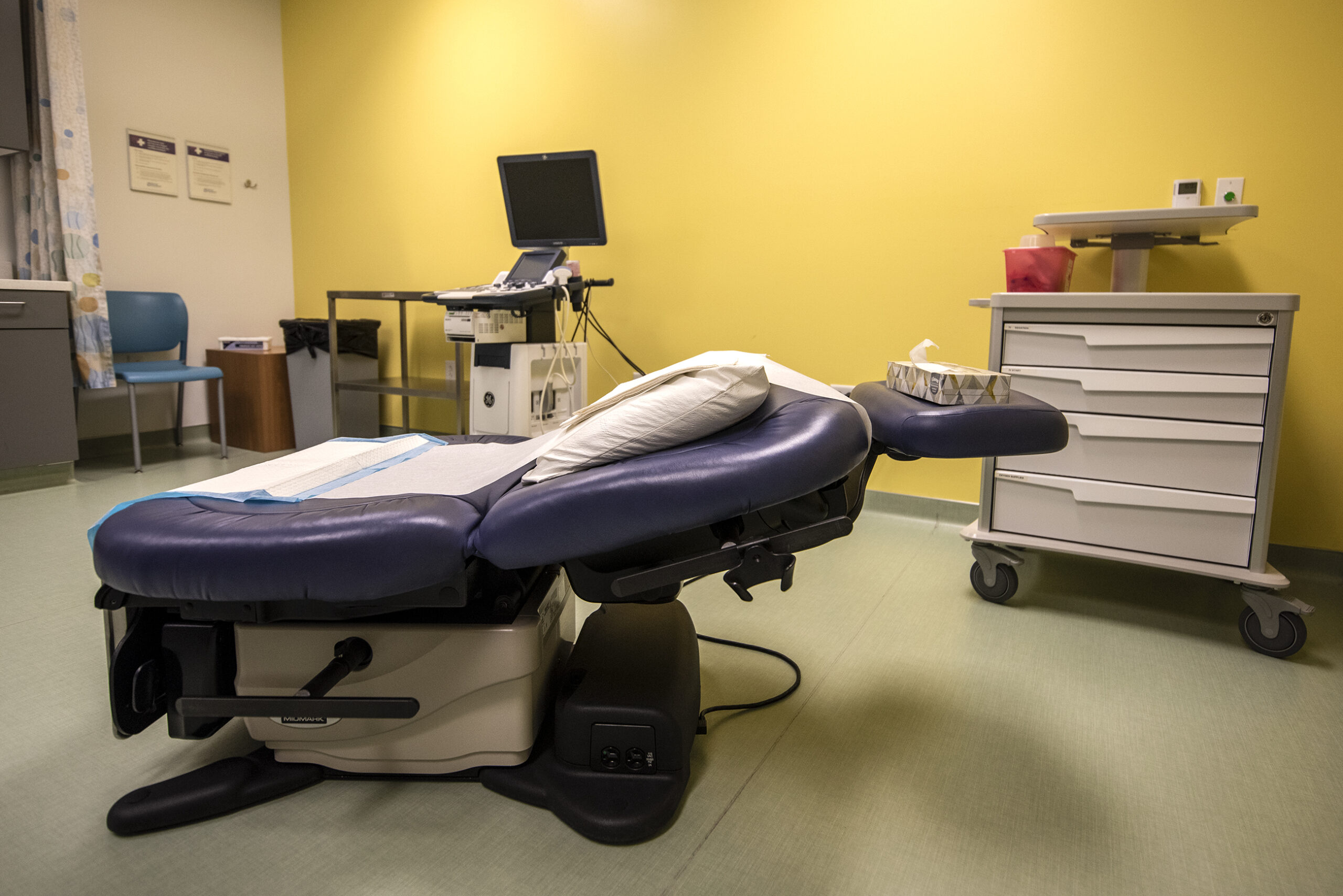Rob Ferrett and Cynthia Schuster find out what’s behind the science of impulse. They’ll look at what the Supreme Court plans to rule on in the coming term and talk about a new CDC report that says if we’re not careful, we will soon be living in a post-antibiotic era.
Featured in this Show
-
U.S. Supreme Court Begins New Term With More Highly Anticipated Decisions
The U.S. Supreme Court began a new term in Washington, D.C., on Monday, and the lineup on the court’s docket continues a trend of high-voltage cases.
During the court’s last two sessions, the court made headlines with several important decisions. The justices upheld the Affordable Care Act in June 2012 and this past June, they struck down parts of the Voting Rights Act and the Defense of Marriage Act.
This term is likely to make more waves. The court will review laws on campaign finance, public prayer, abortion rights, and affirmative action.
As explained by Adam Liptak, the New York Times Supreme Court correspondent, the lowdown for the coming term includes the following:
Campaign Finance
The court’s previous Citizens United decision deregulated independent spending during elections, meaning that corporations and unions can spend what they like to say what they want about a candidate so long as they don’t coordinate with them.
This new case is a sequel to that, according to Liptik, and will decide regulations on direct campaign contributions.
Public Prayer
Greece, a town in upstate New York, opens its town board meetings each month with a chaplain who is almost always Christian. This practice is being challenged on the basis that it contradicts the First Amendment’s ban on a governmental religion.
Liptak said the town’s practices are likely to be permitted by the Supreme Court because of a precedent in which the court allowed the state of Nebraska to put a minister on its payroll to open legislative prayers.
Abortion Rights
There are two cases the court is likely to consider. One of them questions whether the state of Massachusetts can set up a buffer zone around abortion clinics banning protesters.
Liptak said that in 2000, the court upheld a similar buffer zone, but the makeup of the court has changed since then.
The second case, which will not necessarily be argued this term, regards an Oklahoma law that limits drugs that induce abortion. The Supreme Court has sent that case back to the Oklahoma court for clarification.
Affirmative Action
The state of Michigan amended its state constitution in 2006 to ban considerations of race in college admissions.
The court will rule on whether that contradicts the federal constitution.
Leading up to this term, some Democrats have encouraged Justice Ruth Bader Ginsberg to consider stepping down so that President Barack Obama might appoint another liberal while still in office. Liptak said he thinks it’s unlikely she would step down.
“She’s given lots of interviews suggesting that she’s not going anywhere, that she loves the job, that she’s good at it, (and) she enjoys being the senior member of the court’s liberal wing, and I take her at her word,” he said.
According to Liptak, “She’s 80 years old, but she’s energetic and whip smart and in full command of the arguments and materials. And she told the Washington Post over the weekend that she expects a Democrat to be elected in 2016, suggesting that she’s got no strategic reason to step down.”
-
The Science of Impulse
As humans, we’re more likely to act according to impulse than logic…and that’s not always a bad thing. That’s according to a researcher who’s studying the science behind our decision making, and what it says about us.
-
Supreme Court Begins New Term With More Highly Anticipated Decisions
After two terms with historic decisons, the Supreme Court begins a new session today with more highly anticipated rulings ahead of them. The issues include campaign contributions, public prayer, abortion rights, affirmative action, and presidential power.
-
CDC Says We May Be Headed To A Post-Antibiotic Era
A new report from the Centers for Disease Control and Prevention concludes that if things don’t change, we could be headed to a post-antibiotic era. An infections specialist from Gundersen Health System explains how we got here and what this could mean.
Episode Credits
- Rob Ferrett Host
- Veronica Rueckert Host
- Cynthia Schuster Host
- Galen Druke Producer
- Chris Malina Producer
- Amanda Magnus Producer
- Adam Liptak Guest
- Dr. David Lewis Guest
- Bridget Pfaff Guest
Wisconsin Public Radio, © Copyright 2024, Board of Regents of the University of Wisconsin System and Wisconsin Educational Communications Board.





